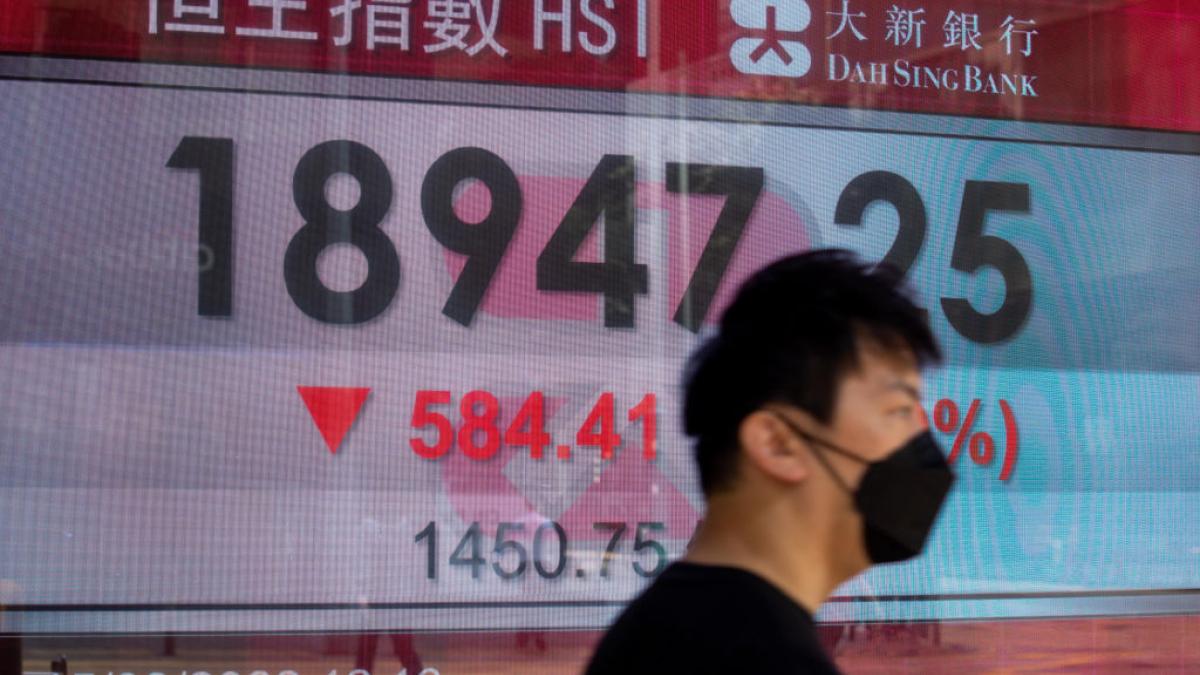Six reasons why backstopping Russia is an increasingly unattractive option for China
China has too much to lose from aligning with Russia over Ukraine.

Since Russia invaded Ukraine on 24 February, China has been ambiguous about its position on the conflict, while providing rhetorical support for the Russian narrative. At the United Nations, China stands out as the dominant economy that has not declared itself either against or in favour of Russia’s onslaught. It is clear China will not align with the NATO-led pro-Ukraine camp. But the opposite extreme, of providing a backstop to Russia’s war effort, is becoming increasingly unattractive for China. Even though we cannot predict which way China will go, there are a number of self-interested reasons why it should adopt a constructive stance on Ukraine’s future and global stability.
While the relationship between China and Russia has been through historical ups and downs, it has become notably close in recent times. The much-publicised meeting between Xi Jinping and Vladimir Putin at the start of the 2022 Winter Olympics showcased a strong political partnership, while Russian troops were massed on the border of Ukraine. Plausible accounts suggest that Moscow informed Beijing in advance of its intent to attack Ukraine, if not of the full scope of the prepared invasion.
Significantly, these accounts imply that the Chinese leadership, like its Russian counterpart, anticipated a lightning conflict that would quickly lead to a Russian-dominated Ukraine, enabled by a divided West. In fact, Ukrainian resistance has been fierce, and the United States, the European Union and other countries accounting for most of the world economy have shown resolve in their support for Kyiv. The degree of hostility throughout much of the world to Russia’s indefensible aggression and its apparent war crimes threatens to spread to any of those seen to be allied with Moscow. Meanwhile, the Russian military performance has been underwhelming and the war is unlikely to come to a conclusion any time soon.
Six good reasons
While it is plainly impossible to observe the Chinese leadership’s decision-making process from outside, let alone to make predictions about its outcome, it is possible to identify parameters that are likely to play a role in Beijing’s calculations. None of these point towards China gaining any benefit from aligning more closely with Russia. On the contrary, doing so would have clear costs.
First, China in recent decades has displayed a preference for stability. Its primary engagement with the world at large has been as a trading partner and major investor in infrastructure. As the war grinds on, the invasion of Ukraine looks increasingly like a reckless gamble that will disrupt and break many relationships, including trade and financial ones. By supporting Russia, China can only prolong the conflict, actively contributing to continued destabilisation of the international order. A return to stability can only come with an early peaceful resolution in Ukraine.
Second, China has promoted a geo-economic vision for Eurasia, in which it stands at the eastern end of a trading network that extends all the way to Western Europe. China has invested heavily in its relationships with the countries to its west, including Russia and Ukraine. With the EU now firmly on the side of the Ukrainian government, the new reality is that Ukraine will emerge more closely integrated with the rest of Europe. If China stands on the Russian side in a prolonged conflict, it would undermine its Eurasian vision of the Belt and Road.
Third, China has a longstanding diplomatic doctrine that emphasises five “principles of peaceful coexistence”: mutual respect for sovereignty and territorial integrity; mutual non-aggression; mutual non-interference in each other's internal affairs; equality and mutual benefit; and peaceful coexistence. A quick Russian operation that delivered a stable puppet government in Ukraine could have allowed China to formulate a narrative in which these principles were upheld, but the evidence of Ukrainian patriotism in a war of resistance renders this impossible. To be seen to be discarding the foundational principles of its diplomacy would be costly for China, not least in its relations with its Asian neighbours.
Fourth, China wants to reunify Taiwan with the mainland. A quick Russian victory in Ukraine might have provided support for a Chinese strategy of seizing the ‘23rd province’ by force. By contrast, a protracted conflict in which the Ukrainian side achieves impressive feats of resistance is a reality from which China may want to distance itself as much as possible. By propping up Russia, China could solidify the pro-Ukraine camp into a durable coalition that could provide a similarly unified response to any Chinese move against Taiwan.
Fifth, China is energy-dependent. The oil price inflation resulting from the war in Ukraine is bad news for the Chinese economy – even assuming it can buy more oil and gas from Russia at a discount. Furthermore, the war-induced price increases in commodities such as wheat, which are basic to the well-being of many developing countries, could subtract from the goodwill built up via the Belt and Road Initiative if China’s actions are viewed as prolonging the conflict.
Sixth, China’s extraordinary growth has been critically supported by access to markets and a continuing flow of international investment. Were China to materially support Russia’s aggression, the pro-Ukraine camp’s sanctions could begin to apply to Chinese interests. Russia’s increasingly murderous attacks against civilians add to the challenge. If China supports Russia, the implied reputational damage may lead to boycotts and lost investment, not to mention moral revulsion among the Chinese population as well. A scenario of significant decoupling of pro-Ukraine countries from China would do direct harm to China’s economic interests.
Balance of interests
Providing support for Russia might allow China to acquire some Russian assets on the cheap, but the Chinese leaders know this would be unpopular with the Russian public and could generate a dangerous political backlash. Worse, China would be faced with a Russian expectation of massive economic assistance, with uncertain likelihood of repayment.
To be sure, even if China recalibrates its balance of interests, it will not join quickly with the US and EU in supporting Ukraine. China has recently been the target of US and European sanctions, and of US tariffs. It bears scars from what it views as over a century of domination and humiliation by the West and Japan, from 1840 to 1949. But China has also become too large and visible to maintain a neutral stance. It can deprive Russia of support without ostensibly coordinating its action with the United States. Chinese rhetoric and propaganda may continue to take Russia’s side on the initial causes of the invasion. But what China does is more important than what it says.
Time is not on China’s side in terms of offering support to President Putin. Continuing Russian atrocities against civilians in Ukraine will be further enabled if China sides with Moscow. That would increasingly derail a return to the conditions that made China’s economic growth possible – a global trading system based on non-discrimination that welcomed China as a participant. A misreading of the pro-Ukraine camp’s resolve could impair China’s economic prospects to an extent that cannot be possibly offset by reliance on domestic (or Russian) demand. Rather than the US rolling back some of the Trump-era anti-China tariffs, these could become a foundation on which new restrictions are built, and could be emulated by other economies.
China has demonstrated pragmatism over time in building its economic position in the world. Prolonging its embrace of Russia would be a major misstep, with likely massive economic costs.
Recommended citation:
Wolff, A. and N. Véron (2022) ‘Six reasons why backstopping Russia is an increasingly unattractive option for China’, Bruegel Blog, 15 March



